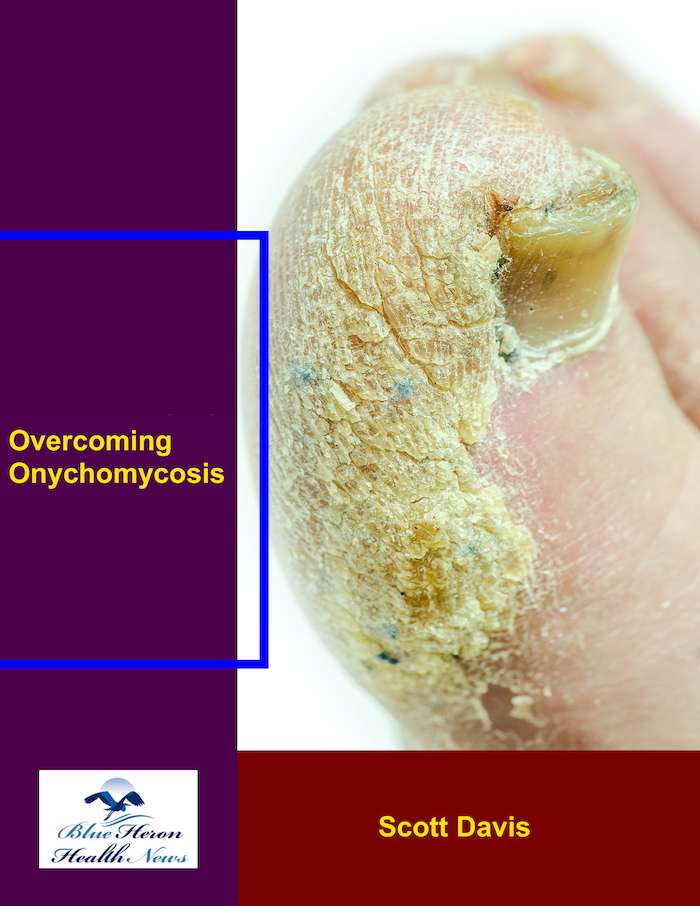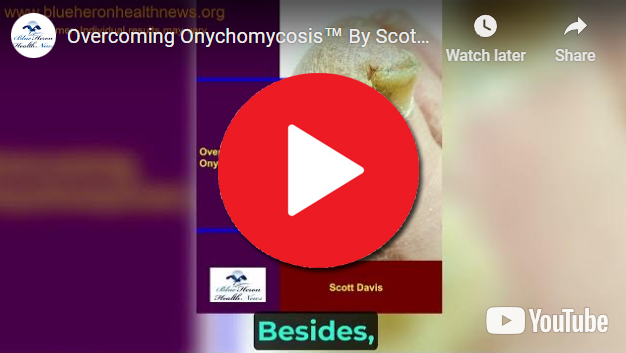
Overcoming Onychomycosis™ By Scott Davis It is a simple, natural, and all-in-one solution for onychomycosis. The program can help you to treat your nail fungus naturally. Once you follow this program, you do not need to spend on expensive treatments to prevent a recurrence. In brief, you can have a proven solution for your chronic nail fungus. Besides, the program is easy to follow, and most users find it effective against onychomycosis.
How is GERD different from occasional acid reflux?
Gastroesophageal reflux disease (GERD) and occasional acid reflux are related but differ significantly in terms of frequency, severity, and impact on health. Here’s how they differ:
1. Frequency
- Occasional Acid Reflux: Occasional acid reflux happens sporadically and typically does not occur more than once or twice a week. It can be triggered by specific foods, overeating, or lifestyle factors like lying down soon after eating. Most people experience this from time to time without it leading to chronic symptoms.
- GERD: GERD is a chronic condition where acid reflux occurs more frequently—typically at least twice a week or more—and is persistent over time. The symptoms are recurrent and may not necessarily be linked to specific food triggers or behaviors.
2. Severity
- Occasional Acid Reflux: The symptoms of occasional acid reflux are usually mild and temporary. They may include heartburn, a sour taste in the mouth, or slight discomfort after eating. The symptoms typically resolve on their own or with the use of over-the-counter antacids.
- GERD: The symptoms of GERD are more severe and long-lasting. Patients with GERD may experience intense heartburn, regurgitation of food or sour liquid, chest pain, difficulty swallowing (dysphagia), and chronic coughing. The severity of symptoms can significantly interfere with daily life and sleep.
3. Underlying Cause
- Occasional Acid Reflux: Occasional reflux usually results from temporary relaxation of the lower esophageal sphincter (LES), the valve that prevents stomach acid from entering the esophagus. It may be triggered by consuming spicy or fatty foods, alcohol, caffeine, chocolate, or by lying down after eating.
- GERD: GERD often involves a chronic dysfunction of the LES, which allows stomach acid to regularly flow back into the esophagus. It may also be associated with other conditions, such as a hiatal hernia, obesity, or pregnancy, which can increase abdominal pressure and contribute to reflux. The persistence of GERD often indicates an underlying issue with the esophagus or stomach function.
4. Impact on Health
- Occasional Acid Reflux: Since occasional acid reflux is infrequent and mild, it typically does not have long-term health consequences. Most people manage it successfully with lifestyle changes or occasional use of antacids.
- GERD: GERD can lead to more serious health complications if left untreated. Chronic acid exposure can damage the esophageal lining, leading to:
- Esophagitis: Inflammation of the esophagus.
- Barrett’s Esophagus: A precancerous condition in which the cells lining the esophagus change due to prolonged acid exposure, increasing the risk of esophageal cancer.
- Esophageal Strictures: Narrowing of the esophagus due to scar tissue, which can cause difficulty swallowing.
- Respiratory Problems: GERD can cause chronic coughing, asthma, or even aspiration pneumonia due to stomach acid entering the lungs.
5. Management and Treatment
- Occasional Acid Reflux: Treatment typically involves lifestyle modifications like avoiding trigger foods, eating smaller meals, not lying down after eating, and using over-the-counter antacids as needed.
- GERD: Management of GERD often requires a more comprehensive approach, including prescription medications such as proton pump inhibitors (PPIs) or H2 blockers to reduce stomach acid production. In severe cases, surgery (such as fundoplication) may be needed to reinforce the LES. Long-term management also includes significant lifestyle changes, weight management, and possibly ongoing medication.
Summary:
- Occasional acid reflux is a temporary condition that happens infrequently and is usually mild, with symptoms resolving on their own or with minimal intervention.
- GERD is a chronic condition where acid reflux occurs frequently and persistently, causing more severe symptoms and potential complications if left untreated. Managing GERD often requires long-term medical treatment and lifestyle changes.
Overcoming Onychomycosis™ By Scott Davis It is a simple, natural, and all-in-one solution for onychomycosis. The program can help you to treat your nail fungus naturally. Once you follow this program, you do not need to spend on expensive treatments to prevent a recurrence. In brief, you can have a proven solution for your chronic nail fungus. Besides, the program is easy to follow, and most users find it effective against onychomycosis.
